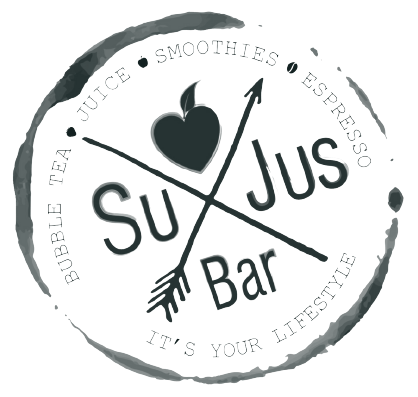Products labelled organic can be pricey compared to their non-organic equivalents, so can you trust that they are the real thing, and are they worth the extra hard-earned dollars?
Fresh produce that can be labelled organic in Australia includes fruit and vegetables, legumes, grains, meat, dairy products, eggs, and honey and some processed foods. To be certified organic, the food must have been grown, harvested, stored and transported without the use of synthetic chemicals, irradiation, or fumigants.

The Australian Standard for Organic and Biodynamic Products (AS 6000-2009), introduced in 2009, provides a set of procedures for organic food production that includes requirements for production, preparation, transportation,
marketing and labelling of organic products. It’s against the law to make false or deceptive claims about organic food, and this is regulated by the Australian Competition and Consumer Commission (ACCC).
Organic farmers do not use genetically modified components or synthetic chemicals such as pesticides and artificial fertilisers or in the production of their food. This does not mean that organic food is completely chemical free, however, as some land may still have chemical residues from previous non-organic farming practices, but organic food contains much lower levels of pesticide residues than non-organic produce.
Organic producers are concerned with animal welfare and environmental sustainability. Eggs certified as organic must be free-range, and animals are not fed any growth-regulating drugs, steroids, hormones or antibiotics, although they may be treated with vaccines to prevent disease. Organic farming is all about protecting the environment and working in harmony with existing ecosystems by using renewable resources, natural farming cycles, and traditional farming methods such as rotating crops, which is better for the soil.
While it’s true that organic food is usually more expensive, this is because organic farms tends to operate on a much smaller scale than the mainstream producers. In addition, without the use of herbicides, pesticides and other chemicals it takes more work to produce the food, and yields are generally smaller.
It’s an individual choice whether organic food is right for you and your budget, but if you choose organic produce, you can rest assured that your money is buying something that is healthier, probably tastier and definitely far better for the environment, as well as for you and your family.
For more information:
https://www.betterhealth.vic.gov.au/health/healthyliving/organic-food
www.accc.gov.au/consumers/groceries/organic-claims
http://www.agriculture.gov.au/ag-farm-food/food/organic-biodynamic
